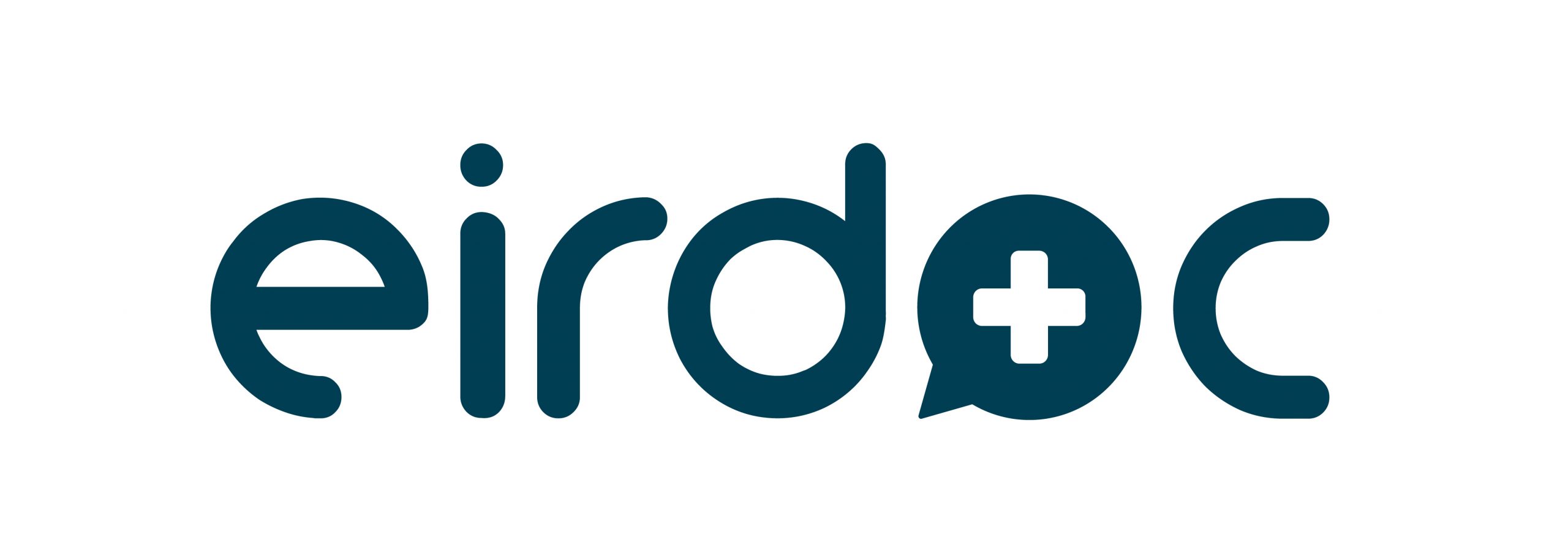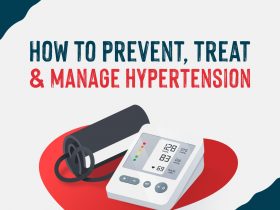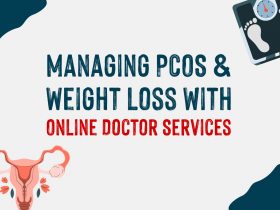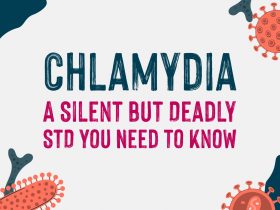
Depression is a complex mental health disorder that affects millions of people across the globe. While it is common, the condition is still widely misunderstood and often carries a stigma that prevents those suffering from seeking help and support. This blog aims to provide an in-depth understanding of depression, its causes, symptoms, and treatment options so that everyone can be better equipped to recognise, support, and seek help for themselves or others affected by this often debilitating condition.
What is Depression?
Depression is a mood disorder characterised by persistent feelings of sadness, hopelessness, and a lack of interest or pleasure in activities. It is not just a bout of the “blues” or a temporary emotional response to life’s challenges—depression is a chronic condition that can seriously impact a person’s quality of life, relationships, and ability to function daily.
The World Health Organization (WHO) estimates that over 264 million people worldwide are affected by depression, making it one of the leading causes of disability globally. Depression is also a significant contributor to the overall burden of disease and can lead to severe consequences if left untreated, including self-harm and suicide.
Types of Depression
There are several different types of depression, and each has its own set of symptoms, causes, and treatment options. Some common types of depression include:
1. Major Depressive Disorder (MDD): This is the most common form of depression and is characterised by a persistent low mood, loss of interest in activities, and a range of physical and emotional symptoms that last for a minimum of two weeks.
2. Persistent Depressive Disorder (Dysthymia): This is a chronic form of depression lasting at least two years, with less severe but more persistent symptoms than MDD.
3. Bipolar Disorder: Previously known as manic-depressive illness, bipolar disorder is characterised by alternating episodes of depression and mania (extreme elevation in mood and energy).
4. Seasonal Affective Disorder (SAD): This type of depression is related to seasonal changes, with symptoms usually beginning in the fall and continuing throughout the winter months.
5. Postpartum Depression: Affecting women after childbirth, postpartum depression is more severe and longer-lasting than the “baby blues” and can interfere with a mother’s ability to care for herself and her baby.
Causes of Depression
Depression is a multifaceted disorder with no single cause. Instead, it is believed to result from a combination of genetic, biological, environmental, and psychological factors. Some common factors that contribute to the development of depression include:
1. Genetics: A family history of depression can increase the risk of developing the condition, suggesting a genetic component to the disorder.
2. Brain Chemistry: Imbalances in neurotransmitters, such as serotonin, norepinephrine, and dopamine, are thought to play a role in the development of depression.
3. Hormonal Changes: Fluctuations in hormone levels, such as during pregnancy or menopause, can trigger depressive episodes in some individuals.
4. Stress and Trauma: Chronic stress and traumatic life events, such as the loss of a loved one, divorce, or a history of abuse, can increase the risk of developing depression.
5. Medical Conditions: Certain chronic illnesses, such as diabetes, cancer, and chronic pain, can contribute to the development of depression.
Symptoms of Depression
The symptoms of depression can vary widely among individuals, but some common signs and symptoms include:
- Persistent feelings of sadness, hopelessness, or emptiness
- Loss of interest or pleasure in activities once enjoyed
- Changes in appetite or weight (either weight gain or weight loss)
- Insomnia or oversleeping
- Fatigue or lack of energy
- Difficulty concentrating, making decisions, or remembering information
- Irritability or restlessness
- Physical symptoms, such as headaches, digestive problems, or pain with no apparent cause
- Thoughts of death or suicide
Treatment Options for Depression
The good news is that depression is treatable, and various options are available to help individuals manage their symptoms and regain control of their lives. Some of the most common treatment options include:
1. Psychotherapy: Also known as talk therapy, psychotherapy involves working with a mental health professional to address the thoughts and feelings contributing to depression. Cognitive-behavioural therapy (CBT) and interpersonal therapy are among the most effective types of psychotherapy for depression.
2. Medications: Antidepressant medications, such as selective serotonin reuptake inhibitors (SSRIs) and serotonin-norepinephrine reuptake inhibitors (SNRIs), can help regulate brain chemistry and alleviate depression symptoms.
3. Lifestyle changes: Incorporating regular exercise, a balanced diet, and adequate sleep into one’s daily routine can help improve overall well-being and reduce depression symptoms.
4. Support groups: A support group can provide a safe space for individuals to share their experiences with others who understand and offer mutual encouragement.
The Bottom Line
Understanding depression is the first step in combating this pervasive mental health disorder. By recognising the symptoms, causes, and treatment options available, we can better support those struggling with depression and work towards a brighter future.
Eirdoc Ltd is an excellent option for those seeking online doctor consultations in Ireland. With the convenience of accessing expert medical advice from the comfort of your own home, along with the assurance of confidentiality and a range of services, Eirdoc Ltd provides a modern and effective solution to your healthcare needs. To find out more about our services or to book an appointment, contact us today!






Leave a Reply